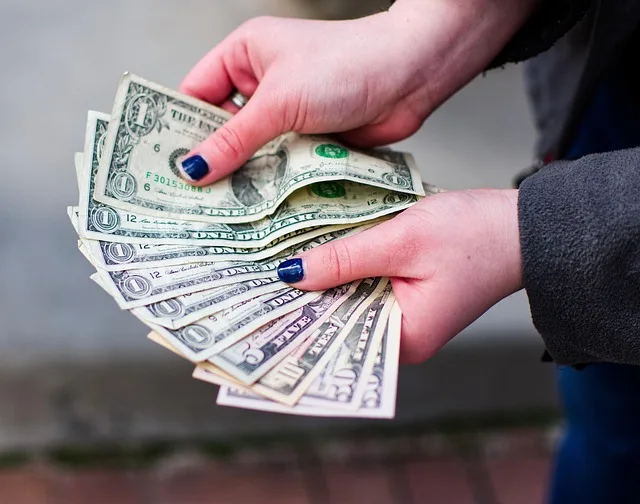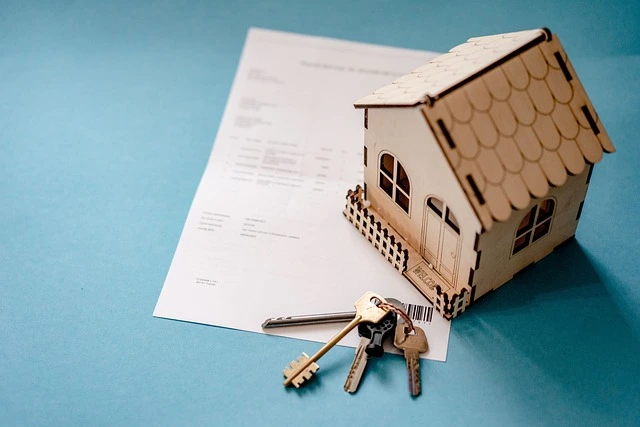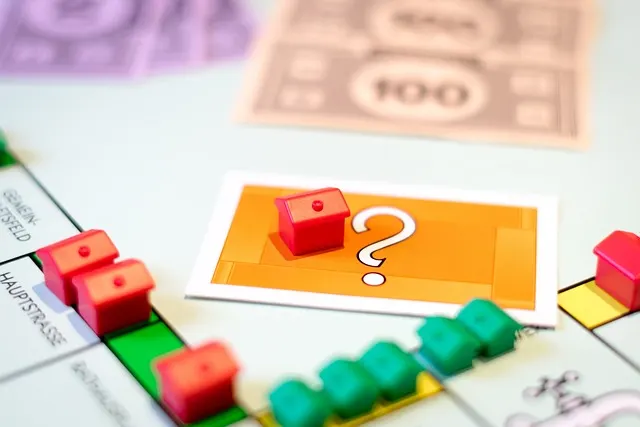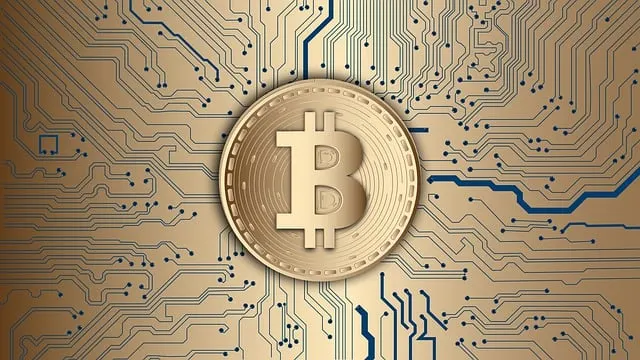Let’s get straight to it. A Certificate of Deposit—or CD—is a savings tool where you lock in your money for a fixed period in exchange for a higher interest rate than a standard savings account. Think of it like this: you’re loaning the bank your money, and in return, they reward you with more interest than usual. But there’s a catch—you can’t touch that money without penalties until the agreed time ends.
How a CD Works
Picture me walking into a bank. I ask for a CD, not really knowing what it is. The banker says, “You lock your money in for 12 months, and we’ll pay you 2% interest instead of the measly 0.15% from a savings account.” I drop $10,000 into a CD. After a year, I get $200 back in interest. Same cash in a Chase savings account? I’d walk away with just $15. Big difference.
But what if you pull your money out early? Penalty. Let’s say the penalty is 1%—that’s $100 gone if you take out your $10,000 before time. Even worse, if you’ve only earned $166 in interest, that penalty stings harder. For longer-term CDs (24+ months), penalties double to 2%.
An investment in knowledge pays the best interest.
And if you break the CD too early—say, after two months—they take all your earned interest. You’ll get your original deposit back, but you’ve lost time, and time is money.
CDs vs. Savings Accounts vs. Stock Market
CDs make sense when the stock market is down, and you want something safer with better returns than a savings account. But if rates go up after you’ve locked in, you're stuck watching better opportunities pass by. That’s the main risk with CDs—opportunity cost.
| Bank | 1-Year CD Rate | 3-Year CD Rate | 5-Year CD Rate | Notes |
|---|---|---|---|---|
| Capital One | 2.70% | 2.85% | 3.10% | No minimum deposit, up to 50 CDs |
| Chase | 2.00% (9 mo) | N/A | N/A | Lower rates, stricter penalties |
| Marcus (Goldman Sachs) | 2.25% | N/A | N/A | High-yield savings alternative |
| Varo | 2.80% (savings) | N/A | N/A | High savings APY without lock-in |
Avoiding the Lock-In: CD Laddering Strategy
Want the CD benefits without losing flexibility? Use a CD ladder. Here’s the play: open five CDs of $2,000 each (if you have $10,000), with terms of 1 to 5 years. Each year, one CD matures, and you get access to that cash plus interest—no penalties. Every year, you’ve got cash flowing back in.
You can open up to 50 CDs in one bank, with balances up to $1 million each—yes, really. Start small if needed. Even a few hundred dollars can work.
Daily vs. Monthly Interest Calculation
Banks calculate CD interest monthly—not daily. Why? Because paying you daily is more expensive for them. When you owe them, like with credit cards, they calculate interest daily. But when they owe you? Monthly. Just know that even if the final amount looks the same, daily compounding gives you slightly more control and transparency.
Types of CDs
- Liquid CDs: Lower rates, no penalty for early withdrawal. Not worth it—just use a high-yield savings account instead.
- Bump-Up CDs: If rates go up, you can ask your bank to match a higher rate.
- Step-Up CDs: Pre-agreed rate increases at intervals.
- IRA CDs: Tax-advantaged, designed for retirement savings.
- Brokerage CDs: Higher rates, but much harder to break early—expect delays and big penalties.
Top CD Options Right Now
Capital One offers some of the best rates:
- 1-year CD: 2.7%
- 3-year CD: 2.85%
- 5-year CD: 3.10%
No minimums. Up to 50 CDs. Up to $1 million each. You can start with just a few bucks.
Forget loyalty—go where the money is. If a bank gives you the highest return with flexible terms, take it.
Should You Even Bother With CDs?
Honestly? If you only have $10K, CDs aren’t the smartest play. You’re better off investing in knowledge, skills, and opportunities—things that scale. CDs are a storage method for excess capital, not a growth strategy. If you’re still grinding, keep your cash liquid. Invest in what multiplies.
Start flipping on eBay. Learn about stocks. Take courses. $10K invested in yourself can turn into $100K. CD won’t do that.
Other articles for you

What if I told you there's a way to transform a simple $10,000 investment into a machine that could pay you thousands of dollars in monthly income during retirement?

Understanding Municipal Bonds: A Direct Guide for Smart Investors

Municipal bonds are far from flashy—but that’s their strength

Learn how to invest in REITs effectively, avoid common mistakes, and build a diversified real estate portfolio with long-term passive income potential.

Let’s clear the confusion

What income will put you in the upper middle class? The answer might be a little more complex than it seems.

No one wants to be broke

Your twenties matter more than you think

The idea is simple

If you’ve got crypto sitting idle in your wallet, you’re probably leaving money on the table.